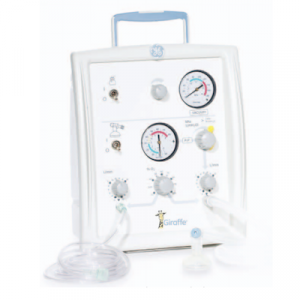
Agriculture
November 22, 2023
Integrated Resuscitation Systems
Read SolutionImplemented by
GE (General Electric)
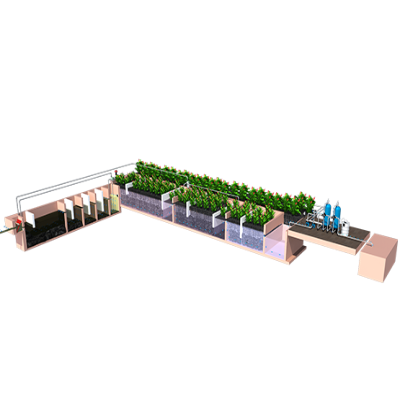
Updated on January 16, 2024
·Created on October 5, 2020
The Integrated Wetland Technology is a natural sewage treatment system which uses wetland vegetation, soils, and microbial assemblages.
The Integrated Wetland Technology is a primary, secondary, and tertiary natural engineered wastewater treatment system, delivered by Emergy Enviro Pvt. Ltd. The design replicates the natural process involved in wetland vegetation, soils, and microbial assemblages to assist the treatment of wastewater. Treated water from the system can be used for irrigation, gardening, and toilet flushing.
Target SDGs
SDG 6: Clean Water and Sanitation
Market Suggested Retail Price
$1,339,755.00
Target Users (Target Impact Group)
Public Sector Agencies
Distributors / Implementing Organizations
This product is distributed by Emergy Enviro Pvt. Ltd, a SINE-IIT Bombay company.
Competitive Landscape
Direct competitors include AnoxKaldnes Moving Bed Biofilm Reactor, Sequential Batch Reactor, Membrane Biofilm Reactor, and Decentralized Wastewater Treatment Systems (DEWATS).
Regions
Worldwide
Manufacturing/Building Method
This product is built on site by the manufacturer.
Intellectural Property Type
Trademark
User Provision Model
This product can be acquired by contacting Emergy Enviro Pvt. Ltd.
Distributions to Date Status
Unknown
Flow rate (L/min)
69.44 L/min – 694.44 L/min. Flow rate is dependent on site specifications.
Power Supply Type
No power required
Technology type
Sedimentation, primary clarifier, settler, digester, aeration, sand filter, activated carbon, disinfection unit
BOD Removal Efficiency
93%
COD removal efficiency
87%
NH4-N Removal Efficiency
95%
TSS removal efficiency
93%
Total Phosphorus Removal Efficiency
57%
Fecal Coliform Removal Efficiency
Unknown
Design Specifications
The Integrated Wetland Technology is comprised of two stages which acts as primary and secondary wastewater treatment, with optional tertiary treatment.
The first section is the Primary Solid Removal Tank (PSRT), which acts as the primary clarifier. This consists of a settler, digester and aeration unit to remove TSS (70 to 80%) and BOD (45 to 55%). Vent pipes are equipped to remove odour.
The second section is a planted bed which consists of gravel media and various wetland plants such as Colocasia Esculenta, Canna Indica, Cyperus alternifolus. This stage removes BOD (85 to 95%). The two-stage management system cleans the gravel media without removal, prevents choking in the media and prevents overflow.
Treated sewage from the planted bed can be subjected to tertiary treatment such as a pressure sand filter, activated carbon unit and disinfection unit.
Technical Support
Unknown
Replacement Components
Unknown
Lifecycle
Unknown
Manufacturer Specified Performance Parameters
The manufacturer cites minimal operational energy requirement, no technical expertise required for operation, minimal maintenance costs, modular design, methane capture and reduced environmental impacts as performance targets.
Vetted Performance Status
Integrated Wetland Technology has been tested by the Tennessee Valley Authority for the removal of COD (84%+), ammonia nitrogen (93%) and phosphorus (>90%).
Safety
Wastewater must be handled, treated and disposed of in accordance with hygiene and CPCB environmental standards.
Complementary Technical Systems
Treated wastewater can be discharged for secondary uses such as irrigation and toilet flushing purposes.
Academic Research and References
Urbanc-Bercic, O., Bulc, T., 1995, Integrated constructed wetland for small communities, Water Science and technology 32(3): 41-47.
Behrends, L., et al., 2007, Integrated constructed wetland systems: design, operation, and performance of low-cost decentralized wastewater treatment systems, Water Science Technology 55(7): 155-161.
Stefanakis, A. I., 2019, The role of constructed wetlands as green infrastructure for sustainable urban water management, Sustainability 11(24): 6981.
Compliance with regulations
The discharged water meets discharge standards set by the CPCB.
Evaluation methods
The manufacturer cites BOD removal of 87-93% as evaluation criteria.
Other Information

Agriculture
November 22, 2023
Implemented by
GE (General Electric)
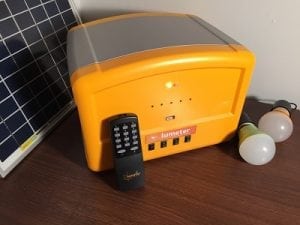
Agriculture
June 22, 2024
Implemented by
Lumeter Networks

Agriculture
June 10, 2024
Implemented by
Seameo Innotech
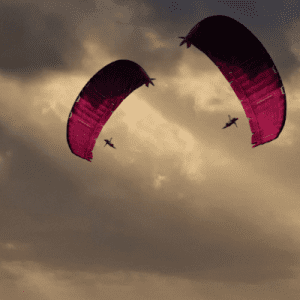
Agriculture
December 18, 2024
Implemented by
Kite Power Systems (KPS)
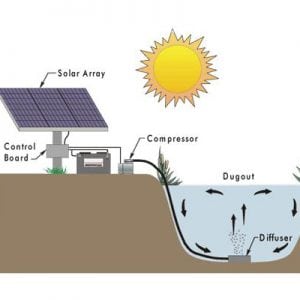
Agriculture
August 19, 2024
Implemented by
WERL Univesity of Toronto
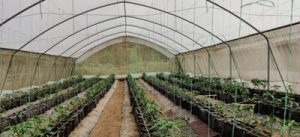
Agriculture
September 18, 2024
Implemented by
Greenhouse Ventures
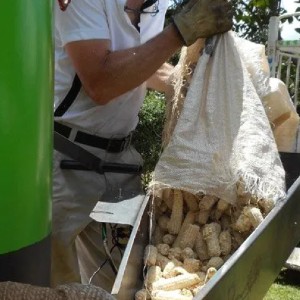
Agriculture
January 12, 2024
Implemented by
VIP
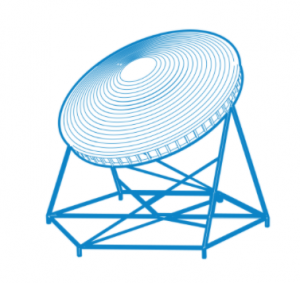
Agriculture
December 19, 2024
Implemented by
CLIMATENZA
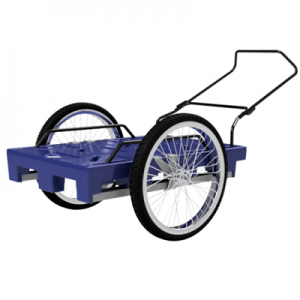
Agriculture
June 23, 2024
Implemented by
LoooP Creative Ltd
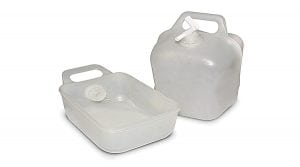
Agriculture
January 10, 2024
Implemented by
NRSRelief
Have thoughts on how we can improve?
Give Us Feedback